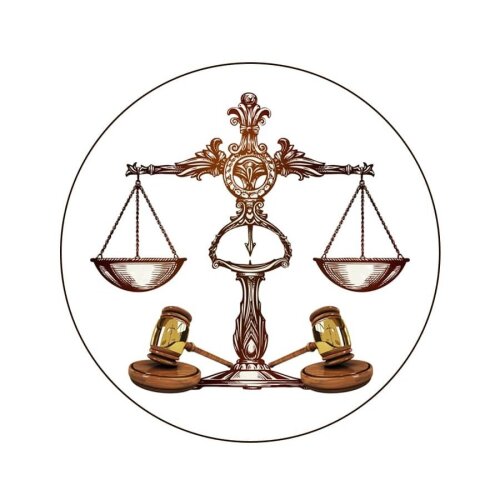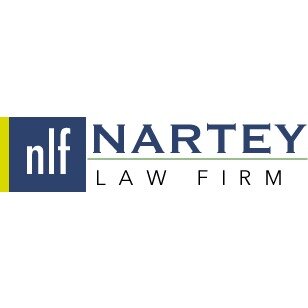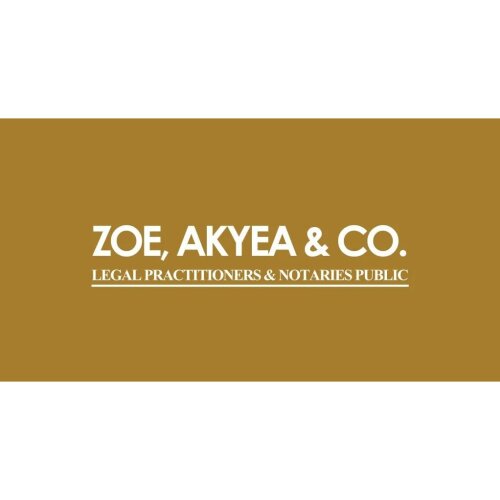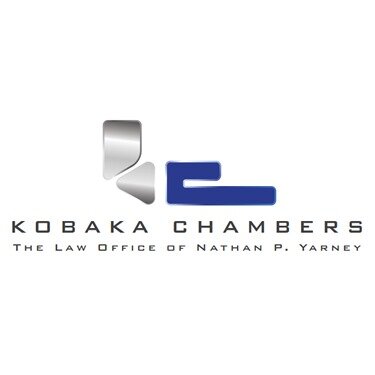Best Trusts Lawyers in Ghana
Share your needs with us, get contacted by law firms.
Free. Takes 2 min.
Or refine your search by selecting a city:
List of the best lawyers in Ghana
About Trusts Law in Ghana
Trusts in Ghana are governed primarily by the Trustees Act, 1962 (Act 106) which sets the legal framework for the creation and administration of trusts. A trust is a fiduciary arrangement where one party, known as the trustor, gives another party, the trustee, the right to hold and manage assets for the benefit of a third party, the beneficiary. In Ghana, trusts are commonly used for estate planning, asset protection, and charitable purposes.
Why You May Need a Lawyer
Engaging a lawyer is advisable when dealing with trusts due to the complexities involved. Lawyers can provide guidance in various scenarios, such as:
- Creating a trust to ensure that assets are managed and distributed according to your wishes.
- Modifying or dissolving an existing trust to accommodate new circumstances.
- Navigating disputes among beneficiaries or between beneficiaries and trustees.
- Ensuring compliance with local laws and addressing any potential legal issues.
Local Laws Overview
The Trustees Act, 1962 is the primary piece of legislation governing trusts in Ghana. Key aspects of this law include:
- Requirements for the creation of valid trusts, including the need for clear intention and identifiable beneficiaries.
- Duties and responsibilities of trustees, who must act with diligence, loyalty, and impartiality.
- The rights of beneficiaries, including the right to information about the trust and its administration.
- Provisions for the appointment and removal of trustees.
- Guidance on the investment and management of trust assets.
Frequently Asked Questions
What is a trust?
A trust is a legal arrangement where one person (the trustor) transfers assets to another (the trustee) to manage for the benefit of a third party (the beneficiary).
How do I create a trust in Ghana?
To create a trust, you need to clearly state your intention, identify the trust property, appoint a trustee, and specify the beneficiaries. A legal document known as a trust instrument is typically prepared to outline the terms.
Can trusts be used for estate planning?
Yes, trusts are commonly used in estate planning to manage and protect assets, ensure privacy, and facilitate the smooth transfer of wealth upon death.
Who can be a trustee?
A trustee can be an individual or a legal entity, such as a corporation, that is capable of managing the trust's affairs and is willing to act in accordance with the trust's terms.
Are trusts subject to taxation in Ghana?
Yes, trusts may be subject to taxes, including income tax on trust income. It's important to consult a legal expert to understand the specific tax obligations.
Can a trust be changed once it is created?
Yes, a trust can be modified or revoked, but it depends on the type of trust and the terms outlined in the trust instrument.
What happens if a trustee fails in their duties?
Beneficiaries can take legal action if a trustee breaches their fiduciary duties. This can result in the removal of the trustee and/or compensation for losses.
Are trusts public documents?
No, trusts are generally private arrangements, and their contents are not publicly accessible unless required by law or court order.
Can a trust be used for charitable purposes?
Yes, charitable trusts are a common type of trust established to support philanthropic goals in Ghana.
What should I consider when selecting a trustee?
Consider the potential trustee's reliability, financial acumen, impartiality, and willingness to act in the best interests of the beneficiaries.
Additional Resources
For more information on trusts, consider reaching out to the following resources:
- The Ghana Bar Association, which can provide contacts for specialized trust lawyers.
- The Registrar General’s Department, which handles legal administrative functions in Ghana.
- Financial institutions in Ghana that offer trust services.
Next Steps
If you are considering creating a trust or need legal assistance related to trusts, here are the steps you can take:
- Seek consultation with a lawyer specializing in trusts to discuss your specific needs and circumstances.
- Prepare a draft of your trust intentions and gather any relevant documentation.
- Engage your lawyer to draft a formal trust instrument.
- Ensure all parties involved fully understand their roles and responsibilities.
- Regularly review your trust arrangement to ensure it continues to meet your objectives.
Lawzana helps you find the best lawyers and law firms in Ghana through a curated and pre-screened list of qualified legal professionals. Our platform offers rankings and detailed profiles of attorneys and law firms, allowing you to compare based on practice areas, including Trusts, experience, and client feedback.
Each profile includes a description of the firm's areas of practice, client reviews, team members and partners, year of establishment, spoken languages, office locations, contact information, social media presence, and any published articles or resources. Most firms on our platform speak English and are experienced in both local and international legal matters.
Get a quote from top-rated law firms in Ghana — quickly, securely, and without unnecessary hassle.
Disclaimer:
The information provided on this page is for general informational purposes only and does not constitute legal advice. While we strive to ensure the accuracy and relevance of the content, legal information may change over time, and interpretations of the law can vary. You should always consult with a qualified legal professional for advice specific to your situation.
We disclaim all liability for actions taken or not taken based on the content of this page. If you believe any information is incorrect or outdated, please contact us, and we will review and update it where appropriate.
Browse trusts law firms by city in Ghana
Refine your search by selecting a city.














